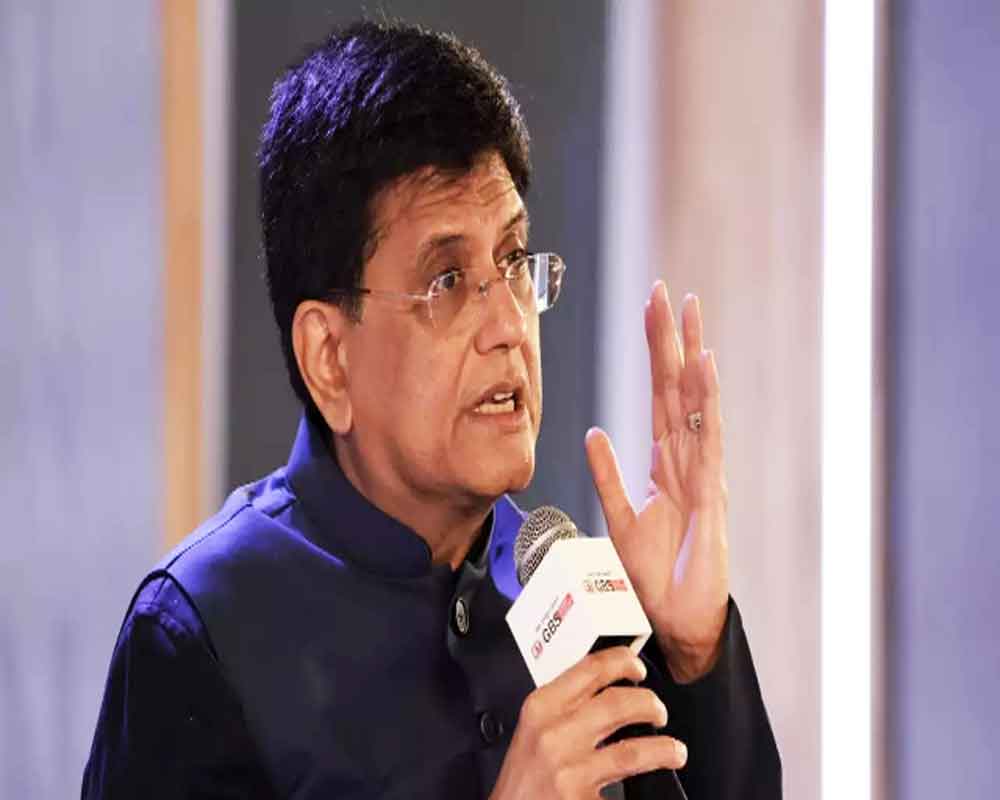The Govt vows to control food item prices during elections, but it had better focus on a long-term strategy
A price-sensitive nation that India is, a whole gamut of decisions, including election results, depend on the costs accrued. Obviously, high prices of essential commodities play an important role in deciding voter preferences. Though factors like caste, religion and anti-incumbency do have an impact, essential commodity prices are an immediate concern with the power to tilt election results. Acknowledging this piece of traditional wisdom, Union Consumer Affairs Minister Piyush Goyal has pledged to keep the prices of essential food items stable during the elections. The Government has contributed in the last few years about Rs 28,000 crore to the price stabilisation fund in the fight against food inflation. This commitment highlights the Government’s determination to prioritise the welfare of its citizens. The Minister's assurance underlines the significance of food security in our nation's socio-political dynamics. Essential food items form the cornerstone of sustenance for millions of households across India. Any volatility in prices can have far-reaching implications, particularly for vulnerable populations. Elections, characterised by increased spending and political manoeuvrings, often coincide with fluctuations in commodity prices. Such fluctuations can arise due to various factors, including supply chain disruptions, speculative trading and increased demand. In this context, Goyal's commitment to averting spikes in essential food item prices during elections signals the Government's proactive approach to mitigate potential hardships faced by the populace. Ensuring price stability for essential food items demands a multi-faceted approach that encompasses effective governance, robust regulatory mechanisms and proactive interventions.
A key aspect of Goyal's assurance is likely to involve close monitoring of market dynamics and timely interventions to address any anomalies. This may entail measures such as releasing buffer stocks, imposing price controls and facilitating efficient distribution channels to prevent artificial price escalations. Additionally, fostering greater transparency and accountability within the supply chain can help promote fair pricing practices. By fostering partnerships with farmers, traders and retailers, the Government can promote a conducive environment for sustainable agricultural practices and equitable market access. While Govt interventions can play a crucial role in mitigating short-term price fluctuations, addressing underlying structural challenges in the agricultural sector is equally imperative for long-term resilience. Given the fact that the farmers are up in arms and demanding security for their labour and investments, it is not an easy task to balance farmer interests with consumers’ need for reasonable pricing. It goes without saying that attempts to artificially control prices do not work in the long run. In all likelihood, the prices would increase after the elections even if the Government manages to control them during elections. We need a long-term approach to check inflation.


























